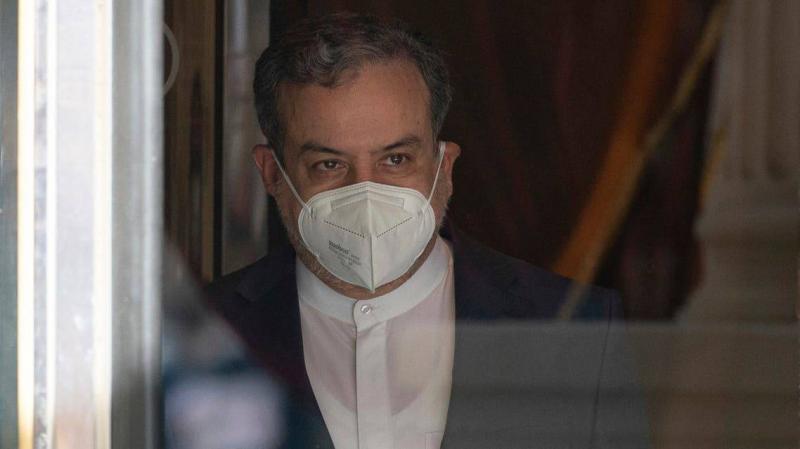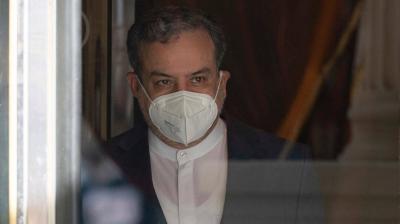As the second round of negotiations in Vienna regarding the Iranian nuclear agreement concluded yesterday, there is a prevailing sentiment that there is a glimmer of hope, although a long road still lies ahead for this complex issue. While the international delegations that participated in the intensive meetings over the past two weeks are expected to rest for a week, it seems that Iran's chief negotiator, Abbas Araghchi, will not remain idle. Local media will intensify efforts to gather any new developments, which may also play a role in the ongoing internal struggle between the hardline and moderate factions ahead of the presidential elections. Araghchi's response to one of the official media outlets yesterday evening came in this context, referring to "uninformed sources."
After Iranian television (Press TV) reported from "informed sources" that the U.S. stance during the Vienna talks was to insist on suspending sanctions rather than lifting them, the senior diplomat questioned the accuracy of the information, describing those sources as "not informed at all." However, the state-affiliated television channel, directed at foreign audiences, quickly responded as well, tweeting, "Instead of questioning our credibility, Mr. Araghchi should clarify any details that we reported that are incorrect!" The task is not easy."
It is noteworthy that the Iranian Deputy Foreign Minister emphasized yesterday after the conclusion of the second round of talks that seriousness alone is not sufficient to ensure successful negotiations, adding that the parties need to try to understand and reconcile their positions. European Union Foreign Affairs Commissioner Josep Borrell acknowledged that the task is not easy, but all delegations worked hard and are determined to find solutions. He also noted that significant progress had been made in Vienna over the past two weeks to put the agreement with Iran back on track, stressing that this issue requires flexibility from all parties.
Meanwhile, Enrique Mora, the coordinator of the talks sponsored by the European Union, confirmed that he is prepared to intensify work with all participants and separately with the United States. He pointed out in statements yesterday that the joint committee discussed the progress made over the past two weeks, but he emphasized the need for more hard work. He also announced that a third team of experts had been established to address sequencing issues. He concluded by reminding that "diplomacy is the only way to move forward with the Joint Comprehensive Plan of Action to address ongoing challenges." It is worth mentioning that the talks will resume a week from now, during which the delegations will return to their countries for close consultation before coming back to the negotiation table for a third round, which observers believe will adhere to the "triple principle" of "parallelism," "synchronization and gradualism," and "limiting demands to the lifting of restrictions imposed solely under the nuclear file."




